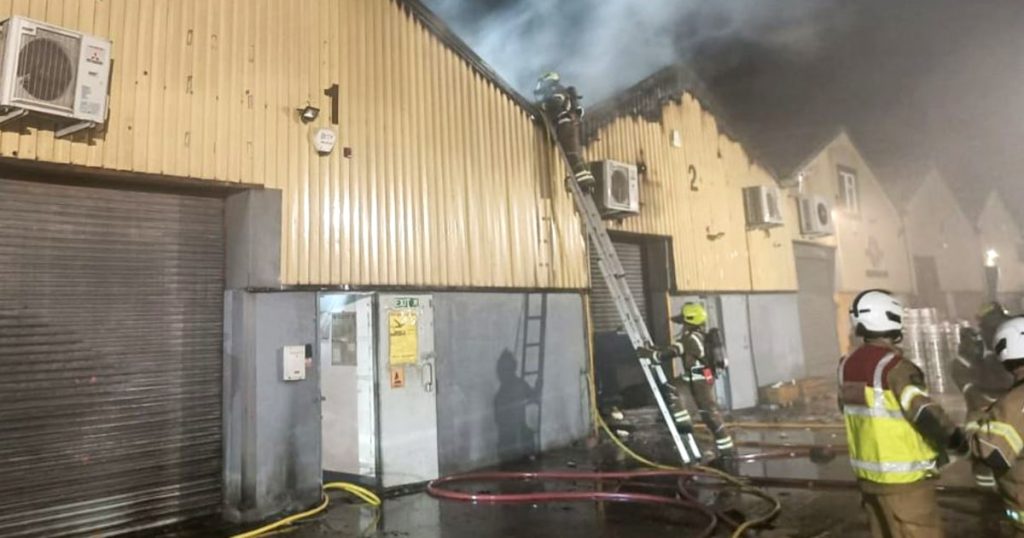Russia, under the leadership of President Vladimir Putin, is conducting a sabotage campaign across Europe in an effort to undermine Western support for Ukraine. The campaign includes a range of activities such as arson attacks on Ukrainian-linked warehouses in the United Kingdom, attempts to bomb or set fire to military bases in Germany, hacking and disruption of Europe’s railway signal network, and jamming of GPS systems for civil aviation. This physical sabotage is part of a broader strategy that includes the spread of Russian propaganda, increased espionage by Moscow, and efforts to exert political influence to create doubt about Ukraine’s military prospects.
German officials recently uncovered a hacking campaign by Russian military intelligence operatives that targeted the email accounts of the country’s Social Democratic party headquarters and German companies in the defense and aerospace industries. Russia has also staged thousands of cyber attacks on Czech and European railways, including hacking into signals and ticketing services. While Russia has not yet significantly disrupted the supply of weapons or aid to Ukraine through sabotage, this represents a more aggressive approach that is concerning to many Western officials.
Experts and officials are warning that Russia’s activities represent a new level of “hybrid warfare,” which uses a combination of psychological, economic, political, and military actions to weaken adversaries. The British home secretary, James Cleverly, has stated that Russia’s activities in Europe have included plans to damage military aid bound for Ukraine, conduct espionage, and mount disinformation campaigns in an effort to influence elections. The U.K. has expelled a Russian diplomat who was identified as a military intelligence officer, and German authorities have identified individuals planning to target military and logistical sites on behalf of Russia.
The head of Germany’s domestic intelligence service has warned that the threat of sabotage from Russia, including cyber attacks, is mounting and poses a high potential for damage. Germany, which is the second-largest supplier of weapons to Ukraine after the U.S., has experienced heightened concerns about potential Russian interference. The Biden administration and European allies are prioritizing efforts to track and disrupt Russian activities, with some successful law enforcement efforts in recent months. Concerns are also growing about Russian propaganda campaigns targeting European Union parliamentary elections to boost far-right parties and reduce support for Ukraine.
European officials are concerned that Russian information campaigns are attempting to undermine popular support for assistance to Ukraine. There have been accusations that Russia has tried to bribe members of the European Parliament to support its efforts to reduce European support for Ukraine. Ultimately, Russia’s goal is to sow doubt, create division, and weaken support for Ukraine across Europe, using a combination of propaganda, espionage, and physical sabotage to achieve its aims. The heightened level of aggression from Russia has raised alarm bells among Western officials and analysts who see the need to counter these threats and protect European security interests.


